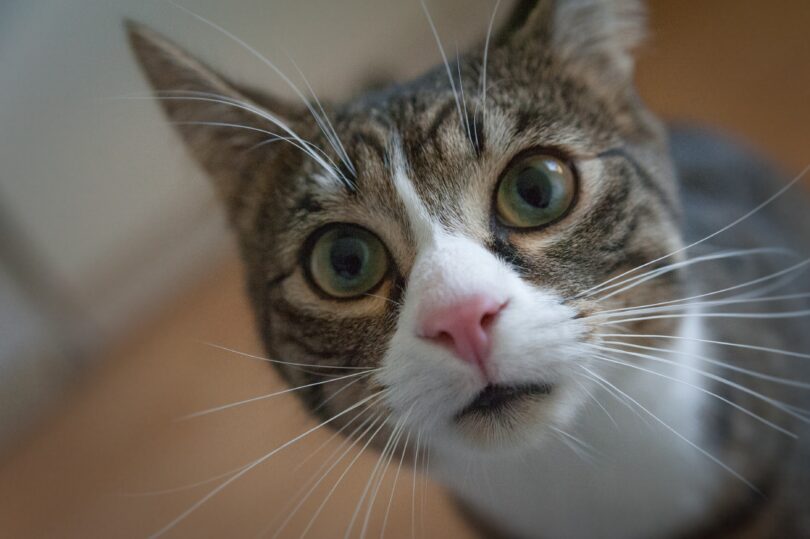Cats are renowned for their prowess in the realm of slumber, often spending up to 16 hours a day in a state of rest. Observing them, it’s evident they can transition effortlessly from half-awake to half-asleep, even in seemingly uncomfortable positions. But do these feline nappers dream? Though we can’t directly ask them, scientists and veterinarians believe they have an answer.
Sleep Studies: Experts suggest that, much like humans, cats experience dreaming during their REM (rapid eye movement) sleep phase. This is characterized by fast breathing, a slightly elevated heart rate, and rapid eye movements beneath closed lids. Despite this heightened brain activity, the REM phase is the deepest stage of sleep, and it’s where most dreaming occurs. Research with rats indicates that their brainwave patterns during REM sleep are similar to those when awake, suggesting that rats dream during this phase. This leads scientists to speculate that cats and other animals likely experience dreams in a manner similar to humans.
However, there are two notable differences in the sleep patterns of cats compared to humans. First, cats have shorter but more frequent REM cycles. While humans typically enter REM sleep every 90 minutes, cats reach this state roughly every 25 minutes. This means that cats can dream even during short naps.
What Do Cats Dream About?: While we can’t definitively know the contents of a cat’s dreams, it’s believed that, much like humans, they dream about experiences and events from their waking lives. Dr. Katy Nelson, a senior veterinarian, suggests that during non-REM sleep, the brain processes and reorganizes images seen during the day into dreams. These dreams are then ‘watched’ during REM sleep. While these dream scenarios may incorporate fantastical elements, they don’t impact brain activity significantly.
Considering your cat’s interests and favorite activities, you might make an educated guess about what they’re dreaming of. For example, if your cat twitches with excitement during sleep, they may be dreaming of the squirrels they observe daily. It’s also likely that people they care about, including you, play a role in their dreams.
Do Cats Have Nightmares?: Just like humans, cats can experience bad dreams. These are often triggered by strong emotions like stress, anxiety, and fear. Major changes, unsolved problems, or recent distressing experiences can lead to nightmares. If you notice your cat twitching uncomfortably during sleep, they might be having a bad dream. However, it’s generally advised not to wake a cat in the midst of a nightmare, as they might react defensively before realizing they’re awake.
In conclusion, while we can’t be certain of the precise content of a cat’s dreams, scientific evidence suggests that they likely experience them in a manner similar to humans. So, next time you observe your cat in the midst of a deep sleep, you can rest assured they’re likely having some intriguing dreams of their own.







